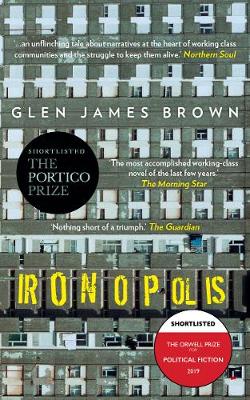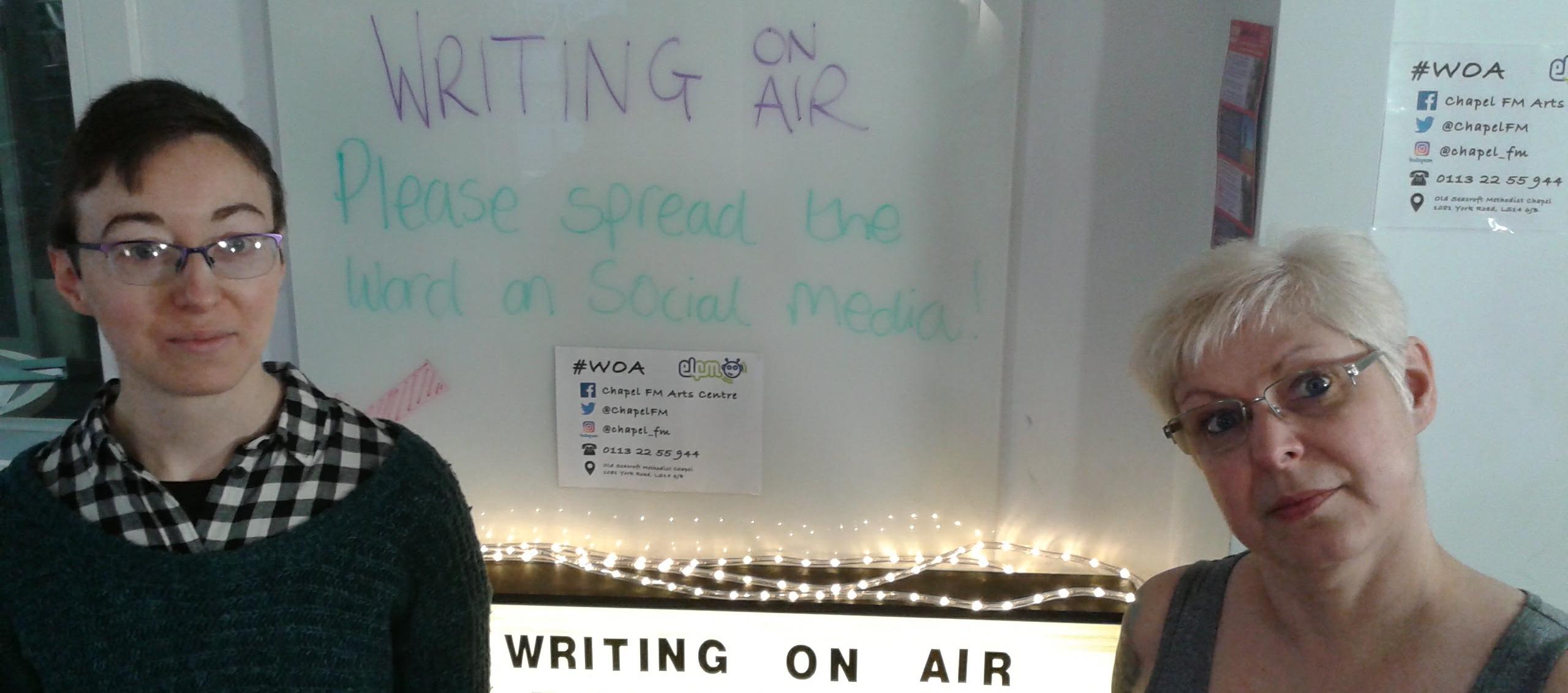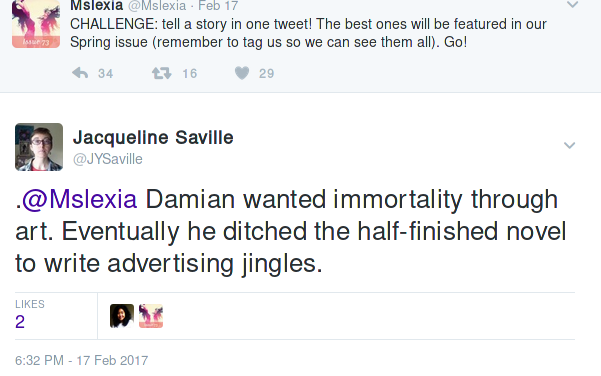You may have noticed – possibly to your relief – that it’s been a bit quiet around here. I managed one excited post about my Hexham Book Festival commission, but that was typed laboriously on my phone (yes, I got a smartphone. Wonders will never cease). Manageable in a fix, but not something I’d choose to do. The problem is, I make do. I make things last, get my money’s worth (and beyond), and my laptop having already given up on video, got so that it couldn’t handle the new WordPress interface. I remember having a conversation 5 years ago at the Penguin WriteNow day about my laptop and its tendency to colour everything cyan unless you got the angle of the screen spot on, and how I’d have to shell out for a new one soon. Its long goodbye is reminiscent of those aunts that spend longer perched on the arm of the settee with their coat on, turning down offers of further refreshment with ‘no, I must go’, than they do sat comfortably in the armchair. It’s still here, with its intermittent wi-fi and preference for cyan, but I’ve also been given a desktop computer that has a passing familiarity with the modern world. I mean, it’s about the same age as my laptop but it’s a higher spec and has lasted better so I’m back on WordPress without one-fingered typing on a tiny screen. Did you miss me?
You may well have missed the Hexham commission, so let me put that right. Hexham Book Festival commissioned 3 writers and an illustrator to celebrate “the diverse and fascinating county of Northumberland, its inhabitants, its agricultural Heritage and historical connections with particular emphasis on Hadrian’s Wall and its upcoming celebration of 1900 years”. Beyond that, we all developed our work in isolation and yet when we got together in June we realised there were common themes: the colour red, thin patches in time, modern-day walkers alongside the Wall. You can read the patchwork pieces from me (Walking the Wall) and Bridget Hamilton (This Next Hill), the children’s story from Garry Lyons (Lupa, inspired by a mountain rescue dog who was present at our reading in June) and the illustrated booklet from Deborah Snell at https://www.hexhambookfestival.co.uk/writing-commissions. My favourite of Deborah’s illustrations is the stoat at the end (I think it’s a stoat. As my dad always says, Weasels are weasely recognised whereas stoats are stoatally different).

Months and months ago I mentioned in passing that I was a winner in the Script Yorkshire radio drama competition 2020, but obviously there was a delay in recording the programmes due to the small matter of the pandemic. Well, this Spring they finally got made and made well. It was such a thrill to hear the finished recording of mine (Playing With My Heart), it had been so long since I wrote it that it almost felt like it was by someone else. The theme of the competition was ‘vision’ and it was supposed to be on the radio in January 2021 so I set it in January as someone’s putting their Christmas decorations back in the loft. You will notice that the title refers to the theme song by the Eurythmics, which refers to the subject matter (angels playing with your heart). It’s got time-slips in again, like Walking the Wall. Chapel FM put out an interesting programme about the making of the four winning dramas, in which each of them was played out in full (they were each less than 10 minutes long), but if you want to go directly to listen to mine you can hear it on Soundcloud at https://soundcloud.com/user-803061228/playing-with-my-heart (promise me you’ll go listen to the others when you have time though, they’re good).
For the first time in a long time I’ve also had flash fiction out there. A dreamy little flash called Hair Spread Like Sea Fronds is free to read at Ellipsis Zine: “The way she remembers it can’t be the way it happened, but it’s the way it creeps into her dreams, soundless and in filtered blue-green light…” It mentions an Indian silver anklet of elephants, which was inspired by my mum’s constant wearing of jangly silver anklets, though I don’t remember if any had elephants on.
I’d love to know what you thought of this year’s writing so far, and as ever if you enjoyed any of it you can always buy me a cuppa at https://ko-fi.com/jysaville


















